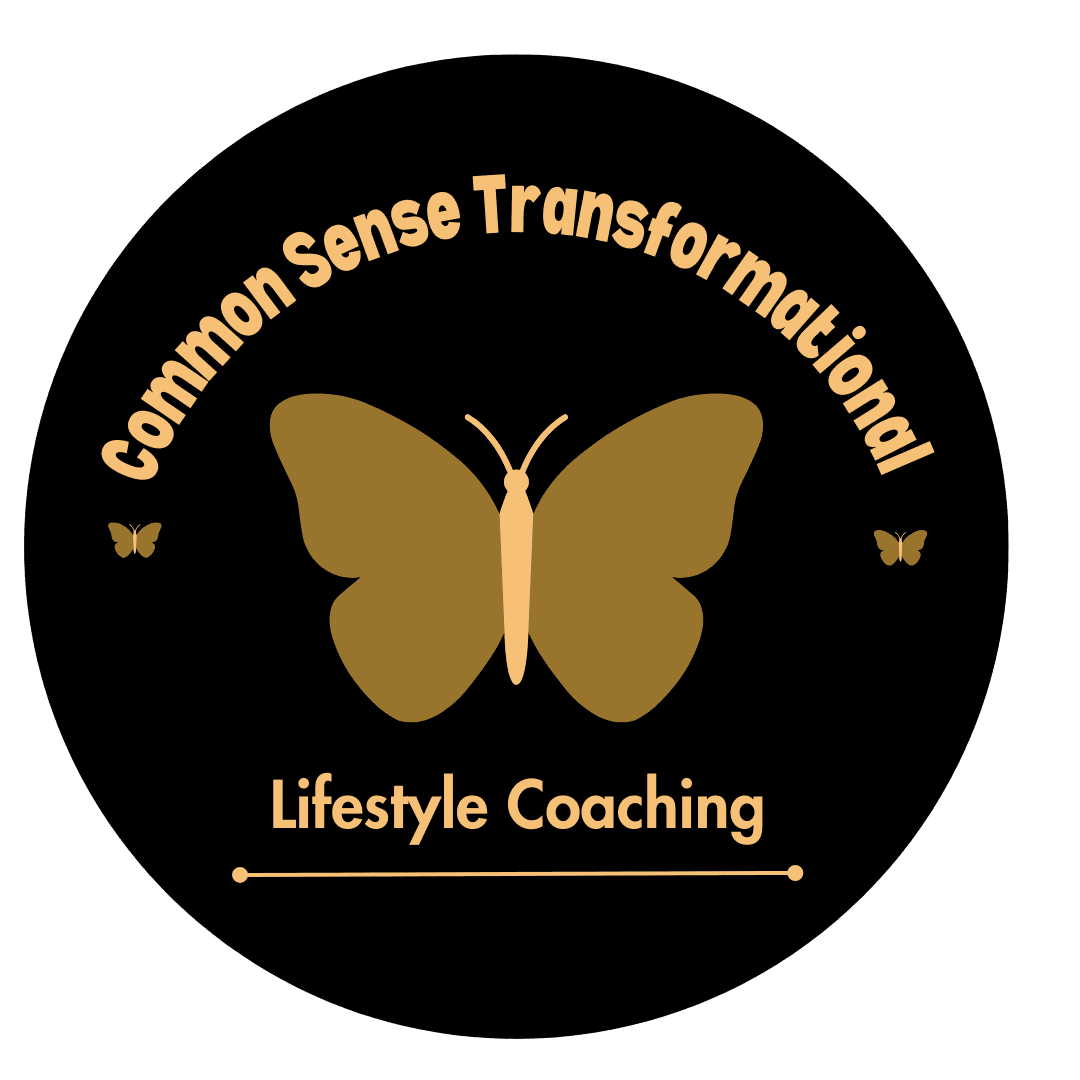Effective Communication for Coaches: 10 Essential Skills

Posted on June 15th, 2023
Are you a coach looking to enhance your communication skills and establish deeper connections with your clients? Effective communication plays a pivotal role in coaching success, allowing coaches to support, motivate, and inspire their clients on their transformative journey.
In this blog post, we will explore ten essential communication skills for coaches. By mastering these skills, you can elevate your coaching practice and create a lasting impact on your clients' lives.
Top 10 Effective Communication Skills for Coaches
1. Listening Actively
Active listening is the foundation of effective communication. It involves fully engaging with your clients and showing genuine interest in what they have to say. By practicing active listening, you create a safe space for your clients to express themselves openly and authentically.
2. Making the Right Questions
As a coach, asking the right questions is a powerful tool for unlocking your clients' potential. Effective questioning encourages introspection, self-reflection, and growth. By asking thought-provoking questions, you guide your clients to explore their beliefs, expand their perspectives, and discover their own solutions.
3. Showing Empathy and Understanding
Empathy is the ability to understand and share the feelings of another person. Cultivating empathy allows you to create a safe and supportive environment for your clients. When your clients feel understood and validated, they are more likely to open up, trust the process, and embrace personal growth.
4. Giving Feedback and Encouragement
Providing constructive feedback is an essential skill for coaches. Feedback offers valuable insights and helps clients identify areas for improvement and growth. However, delivering feedback in a supportive and constructive manner is crucial to maintaining a positive coaching relationship.
5. Decoding Nonverbal Communication
Nonverbal communication plays a significant role in coaching. Your body language, facial expressions, and tone of voice can convey messages beyond words. Being mindful of your nonverbal cues and attuned to your clients' nonverbal cues enhances understanding and strengthens the coaching relationship.
6. Clarifying and Summarizing
Clarifying and summarizing are important skills for coaches to ensure clear communication and avoid misunderstandings. Asking for clarification when needed and summarizing key points help to solidify understanding and create a shared vision with your clients.
7. Cultivating Trust and Rapport
Trust and rapport are essential elements of a successful coaching relationship. Building trust involves being authentic, reliable, and maintaining confidentiality. Developing rapport includes establishing a connection, demonstrating empathy, and understanding your clients' needs and goals.
8. Adaptability and Flexibility
Being adaptable and flexible in your communication style allows you to meet your clients' individual needs. Adjusting your approach based on personality, cultural background, and learning preferences helps create a comfortable and effective coaching environment.
9. Emotional Intelligence
Emotional intelligence is the ability to recognize and manage emotions, both in yourself and others. Developing emotional intelligence allows you to navigate challenging situations, empathize with your clients' emotions, and respond appropriately with sensitivity and understanding.
10. Active Engagement and Presence
Being actively engaged and fully present in coaching sessions is crucial for effective communication. Show genuine interest, provide focused attention, and create a space where your clients feel heard, valued, and supported.
Conclusion
Mastering these ten effective communication skills will empower you to become an exceptional coach. By actively listening, asking powerful questions, cultivating empathy, and providing constructive feedback, you can create transformative coaching experiences for your clients.
If you're ready to embark on a transformational journey with the support of a skilled and compassionate coach, reach out to Common Sense Transformational Lifestyle Coaching. Our team of experts is committed to helping you achieve your goals and unlock your true potential. Contact us today (678) 4629029 or [email protected].
